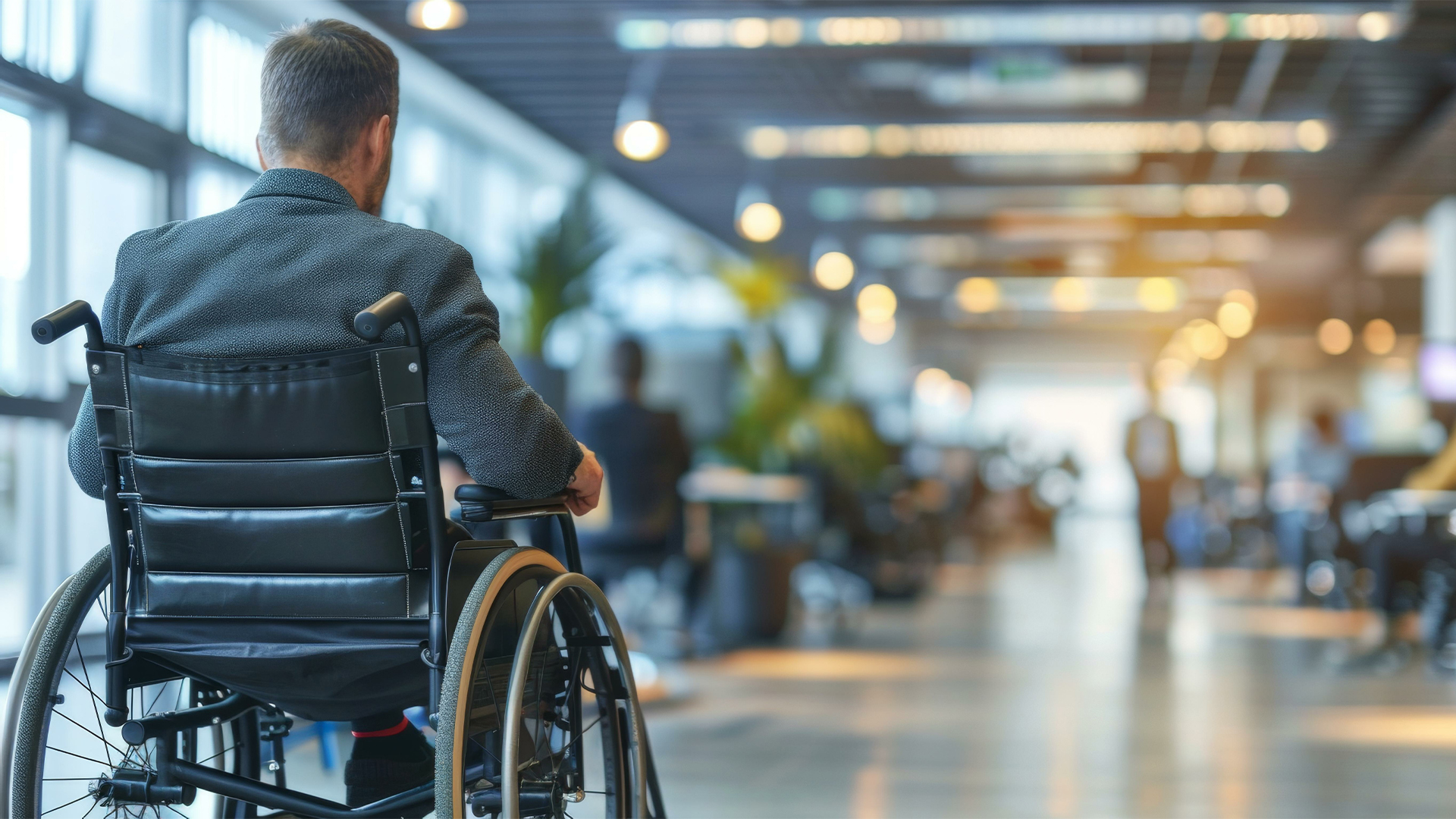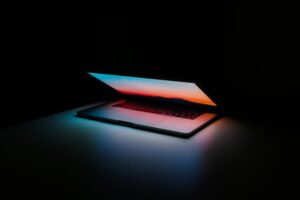Accessibility has finally become a top priority for progressive customer-facing industries in their 2024 strategies. Not only is it a moral imperative to ensure that the more than 16 million people identified as disabled and their families can access products and services, but it also opens up opportunities for businesses to capitalise on a disability market that has historically been underserved.
Mike Adams OBE is a renowned disability leader, CEO of the influential disability organisation Purple and founder of EnableAll, the tech-led online marketplace pushing for a new standard of web accessibility. With Global Accessibility Awareness Day (GAAD) on the horizon, he acknowledges the strides made within some of the most popular industries in the UK and points clearly to where they might see greater focus be applied to their accessibility plans.
Travel and public transport
A quarter of disabled people in the UK avoid using public transport due to accessibility issues and concerns, according to a survey by Oak Tree Mobility. Particularly for cities like London, where public transport is at the heart of travel within the city, inaccessible systems provide a level of real restriction is just getting about.
This is where online travel booking could be a huge game changer in accessibility, as it would improve the experience of public transport without the feeling of being rushed from ticket point of sale to getting to a seat. Data that we’ve gathered at EnableAll suggests that as many as 90% of retailers don’t have an online accessibility strategy, which could extend to travel companies not considering it as an important part of the buying journey. This is why GAAD is so important, as explaining why accessibility is paramount helps to remove these barriers. Not only does it show that you value all passengers but also unlocks the underserved market of more than 16 million disabled customers in the UK.
Scope has recently announced its Right to Ride campaign, a transport rights guide created in coordination with the Department of Transport. The aim is to give disabled people a one-stop knowledge guide on their options for requesting assistance while travelling and how to lodge a complaint if things don’t go according to plan. This is another step in the right direction, but it would be encouraging if all public transport businesses engaged with this idea and made more change, both in the digital and physical worlds with accessibility in mind.
Gaming
The gaming industry is all about encouraging immersion. With a market in the UK of more than 51 million people playing video games, making it one of the largest in Europe, people from all backgrounds can explore different worlds at the touch of a button. However, potential disabled gamers may be turned off from the hobby if they aren’t accounted for in game design as well as the gaming hardware.
Mike Adams emphasises the importance of accessibility within gaming, covering all possible needs: “For some, this might just require a feature in the game to reassign commands to different buttons on the controller to make the experience more comfortable. Others require peripherals and controller alternatives to play. This is something that the gaming titans Xbox and PlayStation are considering, with both offering first-party accessibility options for disabled gamers in the Adaptive Controller and Access Controller, respectively.
“This is a positive movement for the industry, with Microsoft and Sony providing these options, and we’ll likely continue to see innovation implemented that will allow gaming to become even more accessible. In fact, prototypes of the next wave of accessible gaming tools are beginning to be tested, such as JBL’s newest technology Quantum Guide Play that allows for visually impaired gamers to play first-person shooter games. Not only that, but it’s available for free and works with all headsets.”
Beauty
Over recent years, it seems that beauty brands have finally put greater emphasis on improving their inclusivity, both across marketing campaigns and their products. But this £809 billion industry has left those with disabilities out for way too long. Adapting packaging and products for accessibility is something the beauty sector should be committing to as their default position. While we are happy to see more brands exploring further accessibility and inclusivity, action, rather than warm words are needed.
One way that the beauty industry is catering to those with visual impairments is through introducing artificial intelligence (AI) into makeup routines. Digital mirroring, powered by AI, can offer support and guidance on how to best apply makeup like lipstick and foundation through audio cues and suggestions. Similarly, more technology has been developed to assist with application through motion stabilising and motorisation. These developments can provide those with visual, motor, and dexterity impairments the confidence and independence for self-expression.
Although the beauty industry is starting to develop more products and services with inclusivity in mind, there’s more that can be done. P&G found that only 4% of beauty and personal care companies worldwide were catering for physical disabilities. The room for social and commercial growth is what led Mike Adams OBE to establish EnableAll: “EnableAll was created with the core mission to be the marketplace, built with unique tech at its core, that ensures all those on the disability spectrum have access to e-commerce. While it’s fantastic that more manufacturers are becoming conscious of how accessible their products can be, we still have a way to go before they are all accessible for purchase easily via online or in-store.
“This is part of what makes EnableAll special, as you’re getting a user-centric experience from the outset that excludes no one from the world of e-commerce, with the traditional disability barriers already removed”.
Fashion
A key trend is the rise of brands that prioritise how their clothes make people feel, going beyond just aesthetics. This allows many apparel companies to shift their designs to be more adaptive to empower disabled people.
Mike Adams notes how important fashion is to accessibility and inclusion: “Clothing is so much more than what we put on our bodies as they can become a crucial part of our identity and how we present ourselves. Part of the difficulty is finding brands, like Unhidden, for example, that are conscious of disabled people who want fashionable, adaptable items. It’s not only the materials used or how the item is constructed but also the experience of purchase, both in-store and online, can hugely impact one’s buying decisions.
“This is why EnableAll and days like GAAD were created. As the world’s first truly accessible online marketplace, we already meet aspirational standards set out by the leading body for web accessibility WCAG. This means that all shoppers can navigate our site and make purchases however they need, whether that’s with sole keystrokes or with the use of assistive or adaptive technologies. Not only does this allow shoppers to make purchases at their own pace, but it also makes the experience as convenient as it is for everyone else”
GAAD provides an opportunity to highlight digital access and inclusion for disabled people around the world, which is why it’s so important to showcase where there is still room for improvement, particularly within the world of retail. There have been positive shifts seen within it, but that’s why at EnableAll, we want to help drive new standards for digital accessibility and create a future, where finally, everyone can seamlessly shop online.






